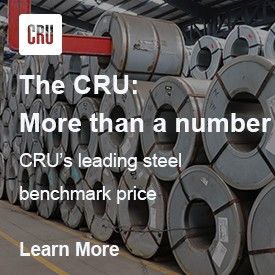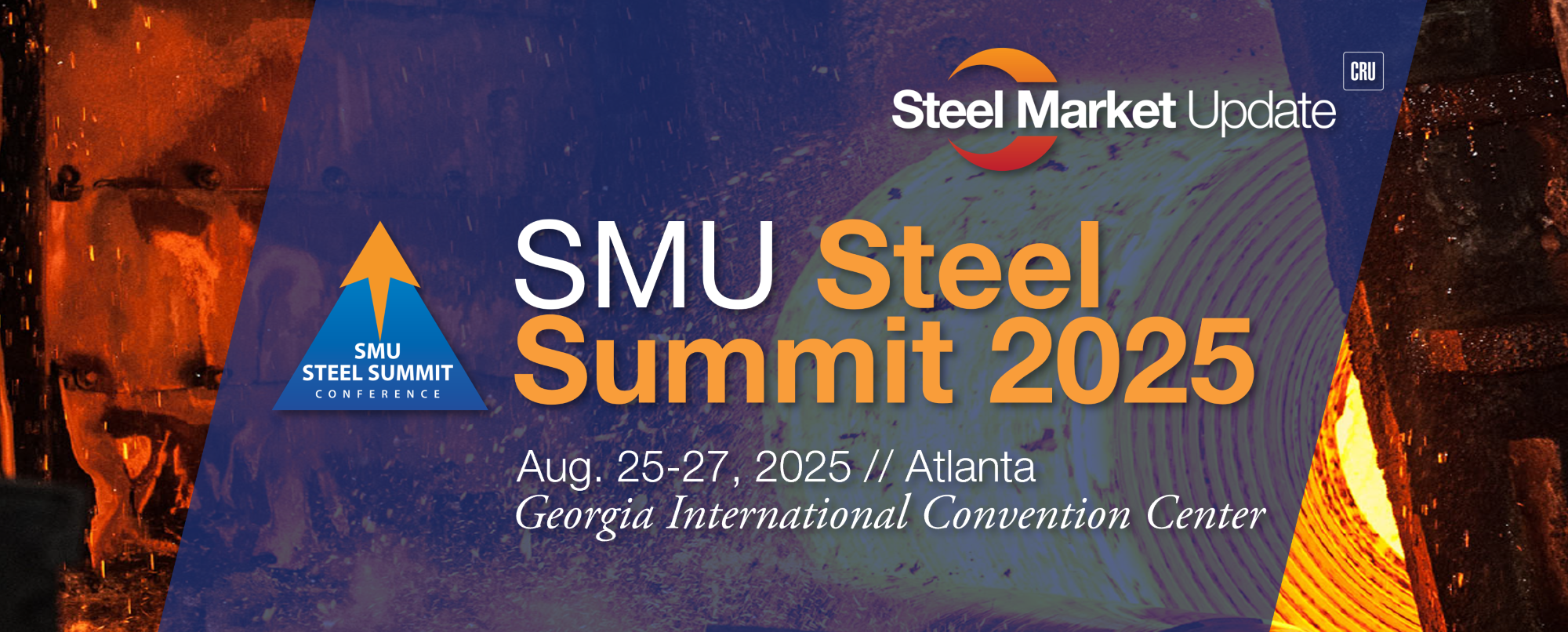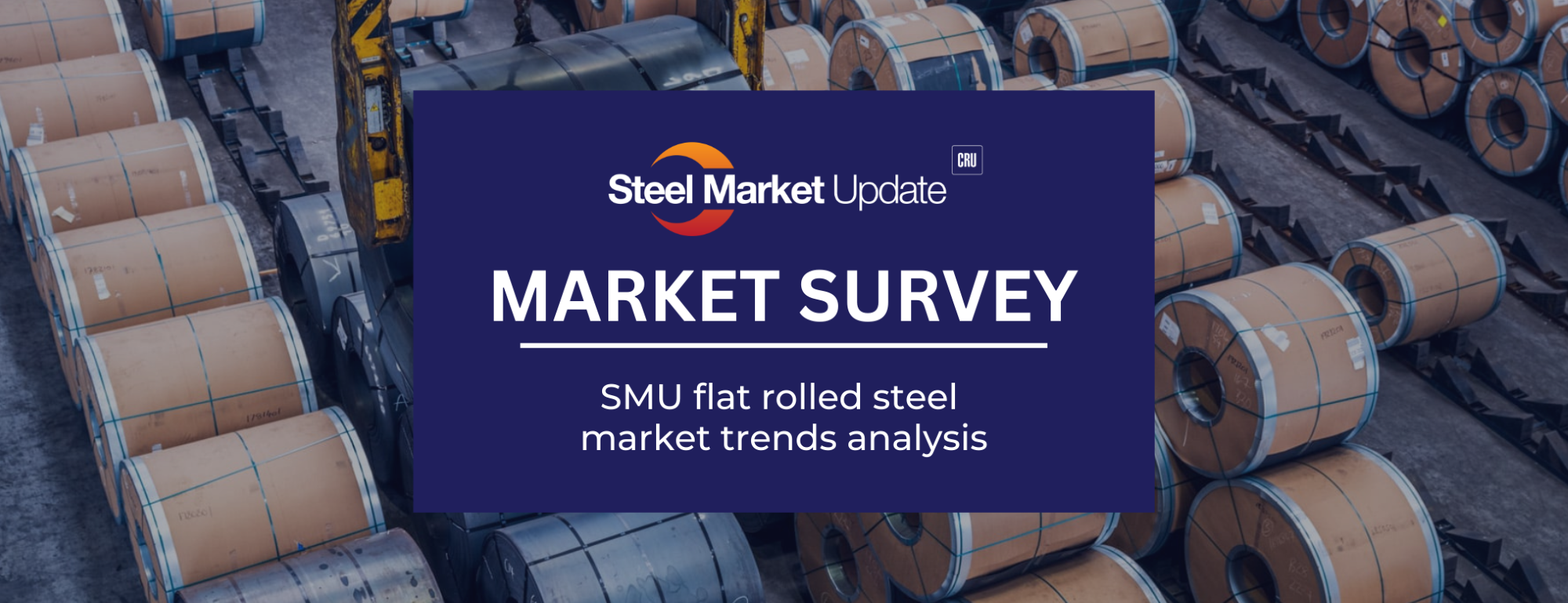
Where the steel community comes together
Keeping a finger on the pulse of the flat-rolled steel market with the latest steel news, prices, and industry updates
What we do
Pricing
Steel Market Update produces weekly price assessments, news, and analysis of market trends affecting prices and sentiment on the US steel market.
Trends and Analysis
Sentiment, Inventories, Prices, and Key Market Indicators – everything you need to quickly adapt in the dynamic steel industry.
Events and Training
We are proud to be an industry leader with our nationally recognized trainings and events, like the Steel Summit Conference and Tampa Steel Conference. We offer in-person and virtual workshops in our Steel Industry Training Program across the country facilitated by industry experts.
Advertising
Maximize your reach to your target market through an advertising partnership with Steel Market Update. Advertising with Steel Market Update ensures optimal visibility, allowing you to effectively convey your unique message to companies involved in flat rolled steel products and markets.
Latest news

Breaking News: Trump’s ‘Liberation Day’ brings 10% baseline tariffs; steel, aluminum, and autos/parts excluded
President Trump’s promised “Liberation Day” has arrived, with a 10% minimum tariff on imports. But there are some very important exceptions: The United States’ USMCA partners, Canada and Mexico, are excluded from the reciprocal tariffs for now. In addition, steel, aluminum, as well as autos and auto parts are excluded from the reciprocal tariffs. That’s […]

SMU Survey: Mills unlikely to budge on price, buyers say
Four out of every five steel buyers who responded to our latest market survey say domestic mills are unwilling to negotiate on new order spot pricing. Mills have shown little flexibility on pricing for nearly two months.

Atlas Tube debuts ‘HSS Connections Hub’
Atlas Tube, part of Zekelman Industries, has introduced an engineering resource aimed at simplifying Hollow Structural Sections (HSS) connection design for structural engineers and fabricators.

Final Thoughts
The market breathlessly awaits the arrival of President Trump’s “Liberation Day.”

SMU price ranges: Tags mixed as market seeks tariff clarity ahead of ‘Liberation Day’
Sheet and plate prices were mixed on Tuesday as the market took a wait-and-see approach to the Trump administration’s “Liberation Day” tariffs.

US pig iron tags hold despite potential scrap price drop
The price of pig iron for the US market remains firm despite a potential drop in domestic ferrous scrap prices going into April.

SMU’s March at a glance
SMU’s Monthly Review provides a summary of our key steel market metrics for the previous month, with the latest data updated through March 31.
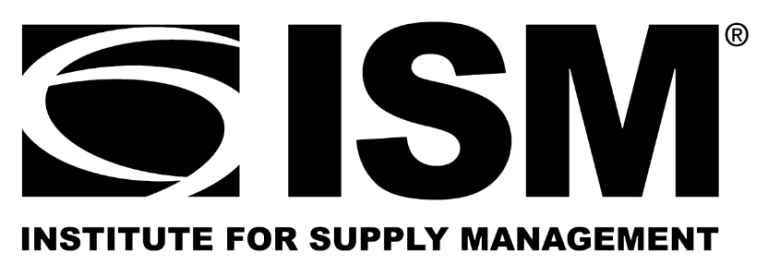
ISM: Manufacturing expansion loses steam after two months of growth
US manufacturing activity slowed in March after two straight months of expansion, according to supply executives contributing to the Institute for Supply Management (ISM)’s latest report.
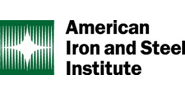
AISI: Raw steel production jumps to 6-month high
Raw steel mill output from US mills rebounded last week, according to the American Iron and Steel Institute (AISI). Production is now at the highest weekly rate recorded so far this year.

Olympic opens new Houston facility for Action Stainless unit
Olympic Steel has opened a new facility in Houston to support its Action Stainless business.

Chicago Business Barometer rose to 16-month high in March
The Chicago Business Barometer increased for the third-consecutive month in March. Despite this, it still reflects contracting business conditions, as it has since December 2023.

Nucor keeps HRC price unchanged
Nucor paused its weekly hot-rolled (HR) coil price this week, keeping it flat for the first time since Jan. 21. This comes after a nine-week rally that saw the company increase prices by double-digits for eight of those weeks.
Featured
Pricing
Interactive Pricing Tool
Chart steel and scrap prices against key indicators with our Interactive Pricing Tool.
Flat-Rolled Steel Prices

Steel Pricing Momentum
Flat Rolled Lead Times
Steel Buyers’ Sentiment
Mill Spot Price Negotiations

